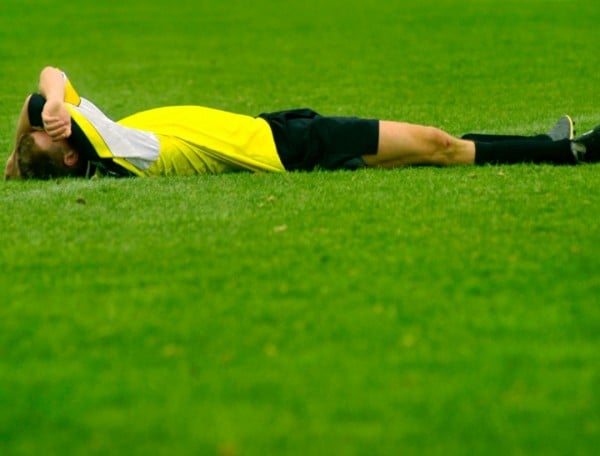
I can’t think of a single parent who doesn’t want their child to grow up to be happy, healthy and whole. But it requires walking a fine line.
The line between protecting our kids from pain and teaching them to handle it; between supporting them where they are and challenging them to stretch themselves; between encouraging them to ‘play to win’ and preparing them to handle failure.
As parents, we’re wired with an inbuilt desire to protect our children from the harder realities of life – whether the sting of rejection or the disappointment of failure. But left unchecked, that primal instinct to protect can keep us from equipping our kids with the skills to handle life better. Add to that our own un-mended childhood scars, and it only amplifies our desire to steer them away from situations where they might acquire their own.
A friend of mine who runs a local basketball competition for 1,000 girls age 7-9 shared with me how, upon redrawing the team margins, she was inundated with calls from upset parents complaining how their daughters’ teams were no longer winning. She said a fellow parent managing an older league had experienced a similar onslaught of abuse from over competitive parents whose desire for their kids to win overrides their better judgment.



